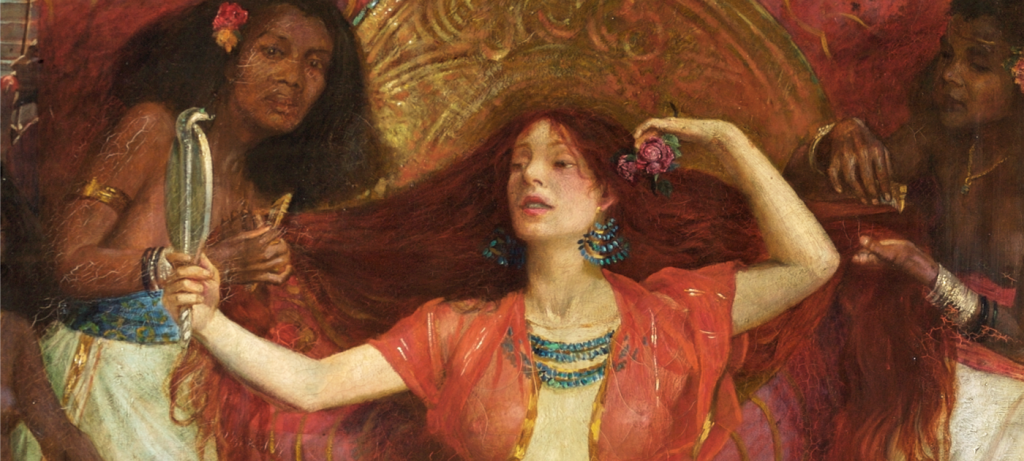(ThySistas.com) There are several different types of van insurance, and each one offers different levels of protection. Van insurance is generally more expensive than car insurance because of increased engine capacities and the necessity to carry goods during the running of a business and also have them covered.
Obtaining cheap van insurance is important to a business looking to reduce its costs. It will impact profits, cash flow, and business growth. The cheaper the insurance is for a business, the better their survival chances become.
Here is a breakdown of the most common types of van insurance:
Third-Party Van Insurance
Third-Party van insurance is the most basic type of van insurance. It covers damage to other people or vehicles in an accident but does not cover damage to your van.
The choice to opt for this kind of cover will be to save money. Legally, you have to have this cover as a minimum. Then it depends on what risks you want to take with having an accident that could cost the business a significant amount of money. Insurance for a business is a peace of mind that means a business will never get into a situation where they cannot pay an insurance debt that is owed. It may not just be about a company’s vehicle but also about personal injuries that may have been caused to passengers. Medical bills by way of extra medicines required are not cheap and significant injuries or fatalities are not something you would want to risk financially should any kind of negligence be proven.

With Fire and Theft
Third-Party, Fire, and Theft van insurance will add further protection if your van is stolen or damaged by fire. In areas of high crime rates, this will be important to a business. Also, we should bear in mind it might not be just where a business is based that is of concern but anywhere the van ends up on its travels. This might be containing any parcels or goods that are being delivered. Perhaps the van contains tools that are essential to a business’s operations and are of significant value. Insurance will cater to a whole manner of different business types.
Comprehensive van insurance is the highest level of cover and protects you, your van, and other people and property in an accident. It also covers damage from theft, fire, vandalism, and natural disasters. There is not this choice as with third-party insurance because fire and theft cover comes as a standard expectation of this type of policy.
There are also several optional van insurance coverages that you can add to your policy, depending on your needs. These include:
- Contents coverage: This protects the contents of your van from damage or theft. You do not have to opt for this cover and the amount of the premium will depend on the risk posed by the type of business and the value of the goods being carried. You will by law require the third-party element in respect of accident damage to another’s vehicle and passengers, as with car insurance, but then can add extra cover on top.
- Roadside assistance: This provides help if your van breaks down or you get into an accident and need to be towed. Generally, it will not include home start and only provide cover where there was an accident. You will need to make sure that you are not duplicating this kind of cover elsewhere.
It is always worth speaking to an insurance agent either through online communication, by phone, or in person, to find out which van insurance policy is right for you and your business’s needs. The main things to remember are that you can expect to pay more than with many car insurance policies, and you will need to mention what the van is specifically used for, and what is being carried.
Staff Writer; Lisa Brown










Leave a Reply